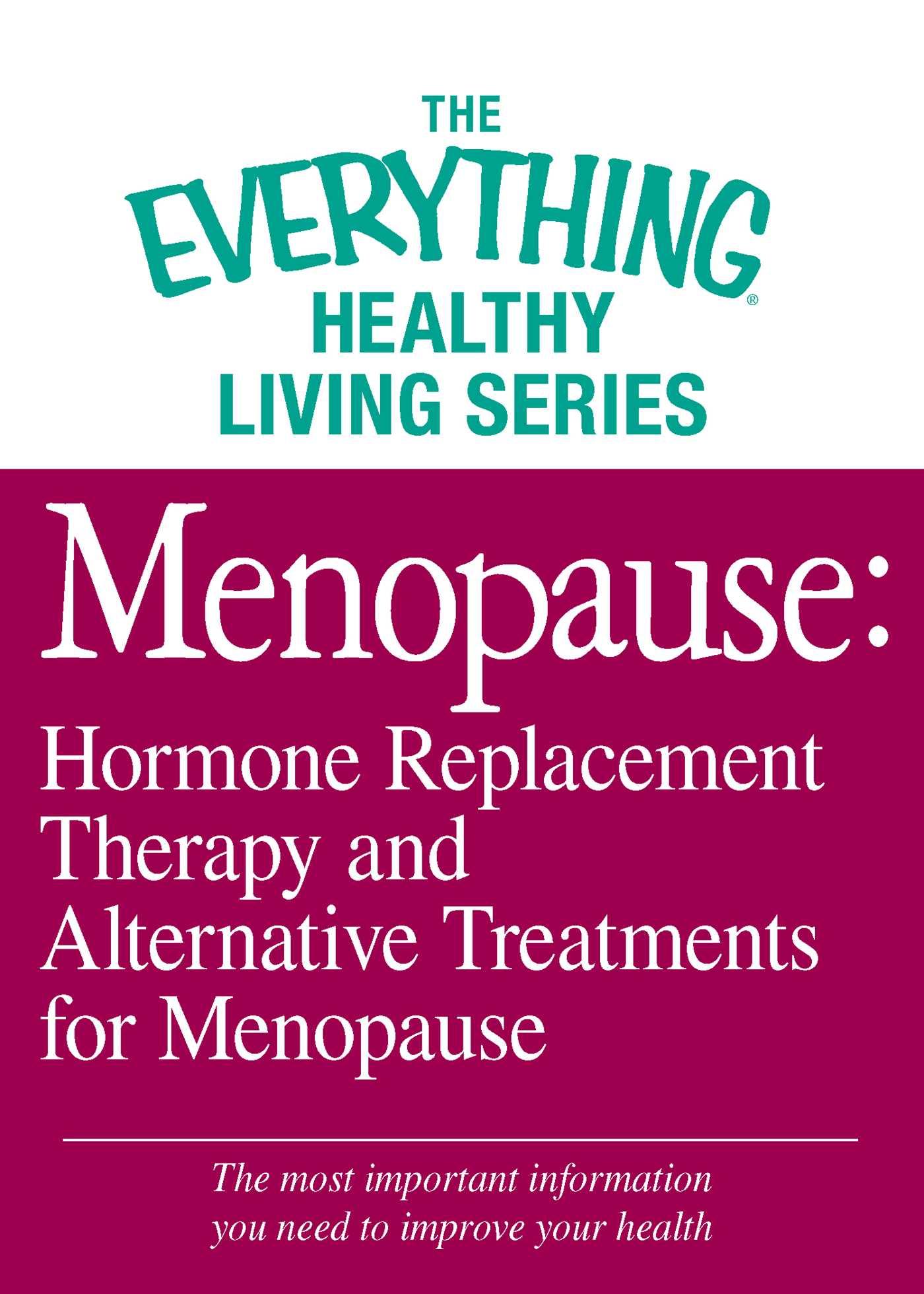As the sun sets on the reproductive years, women often find themselves navigating the complex landscape of menopause, a natural yet challenging phase of life marked by fluctuating hormones and a medley of symptoms. For some, the journey is smooth, while for others, it is a turbulent passage filled with hot flashes, mood swings, and sleepless nights. In the quest for relief, Hormone Replacement Therapy (HRT) often emerges as a beacon of hope, promising to restore balance and well-being. Yet, with its potential benefits come questions and controversies. Should HRT be the first line of defense against menopausal symptoms, or do alternative therapies offer a safer, more effective path? This article delves into the heart of the debate, exploring the role of HRT in menopause management, weighing the scientific evidence, and considering the diverse perspectives of women who stand at this crossroads.
Evaluating the Benefits and Risks of Hormone Replacement Therapy
Hormone Replacement Therapy (HRT) is often considered for its potential to alleviate menopausal symptoms such as hot flashes, night sweats, and mood swings. Benefits of HRT include not only symptom relief but also potential protection against osteoporosis and improved quality of life for many women. However, it’s essential to weigh these benefits against the risks involved. HRT has been associated with an increased risk of breast cancer, blood clots, and stroke, particularly when used long-term or started later in the menopausal transition.
When deciding if HRT should be the first choice, consider the following factors:
- Individual Health Profile: Family history and personal health conditions can significantly influence the suitability of HRT.
- Severity of Symptoms: The intensity of menopausal symptoms can guide the urgency and necessity of treatment.
- Alternative Treatments: Lifestyle changes, dietary adjustments, and non-hormonal therapies may offer relief without the associated risks.
Ultimately, the decision to use HRT should be personalized, involving a thorough discussion between a woman and her healthcare provider, weighing both the advantages and potential downsides.
Exploring Alternative Therapies for Menopause Management
In the quest for effective menopause management, many women are turning towards alternative therapies to either complement or replace traditional Hormone Replacement Therapy (HRT). These alternatives often focus on holistic approaches, addressing not just the physical symptoms but also the emotional and psychological aspects of menopause. By embracing a more integrative health strategy, women can explore diverse options tailored to their unique needs.
- Herbal Remedies: Botanicals such as black cohosh, red clover, and evening primrose oil have been popular for their potential to alleviate hot flashes and mood swings.
- Mind-Body Techniques: Practices like yoga, meditation, and tai chi not only help in reducing stress but also promote overall well-being.
- Dietary Adjustments: Incorporating foods rich in phytoestrogens, such as soy products, flaxseeds, and legumes, can offer a natural estrogen boost.
- Acupuncture: This ancient practice is gaining attention for its ability to balance hormonal levels and relieve menopause symptoms.
These alternative therapies offer a promising landscape for those seeking a more personalized approach to menopause management. While scientific evidence varies in terms of efficacy, many women report significant improvements in their quality of life. It’s crucial, however, to consult healthcare professionals before embarking on any alternative treatment plan to ensure safety and compatibility with individual health conditions.

Expert Opinions on Prioritizing Treatment Options
In the quest to determine the most effective treatment for menopause, medical professionals offer a variety of perspectives. Dr. Emily Carter, a renowned endocrinologist, emphasizes that hormone replacement therapy (HRT) should be considered based on individual needs rather than as a universal solution. She points out that while HRT can significantly alleviate symptoms such as hot flashes and mood swings, it may not be suitable for everyone due to potential risks like blood clots and breast cancer. Dr. Carter suggests a personalized approach, taking into account the patient’s medical history and lifestyle.
Conversely, Dr. James Mitchell, a specialist in women’s health, advocates for a more cautious approach. He highlights alternative treatments that may be beneficial for some women, such as:
- Lifestyle changes: Incorporating regular exercise and a balanced diet.
- Herbal supplements: Options like black cohosh and red clover, though effectiveness varies.
- Non-hormonal medications: Such as antidepressants, which can help with certain symptoms.
Dr. Mitchell underscores the importance of evaluating each option’s benefits and risks, ensuring that patients make informed decisions about their treatment paths.

Guidelines for Personalized Menopause Care Strategies
When considering personalized menopause care strategies, it is essential to evaluate the unique needs and health profile of each individual. Hormone Replacement Therapy (HRT) is often discussed as a potential option, but it should not be automatically deemed the first choice. Various factors such as medical history, symptom severity, and personal preferences play a critical role in shaping an effective care plan.
- Symptom Assessment: Not all menopausal symptoms require the same approach. While some women may benefit from HRT, others might find relief through lifestyle modifications or alternative therapies.
- Risk Evaluation: Understanding the potential risks associated with HRT, such as cardiovascular issues or cancer, is crucial. A comprehensive risk-benefit analysis should be conducted for each patient.
- Holistic Approach: Incorporating dietary changes, exercise, and stress management can be beneficial. These strategies can complement or, in some cases, replace the need for HRT.
Incorporating these considerations ensures that menopause care is tailored to the individual, offering a balanced and informed approach to managing this natural life transition.








